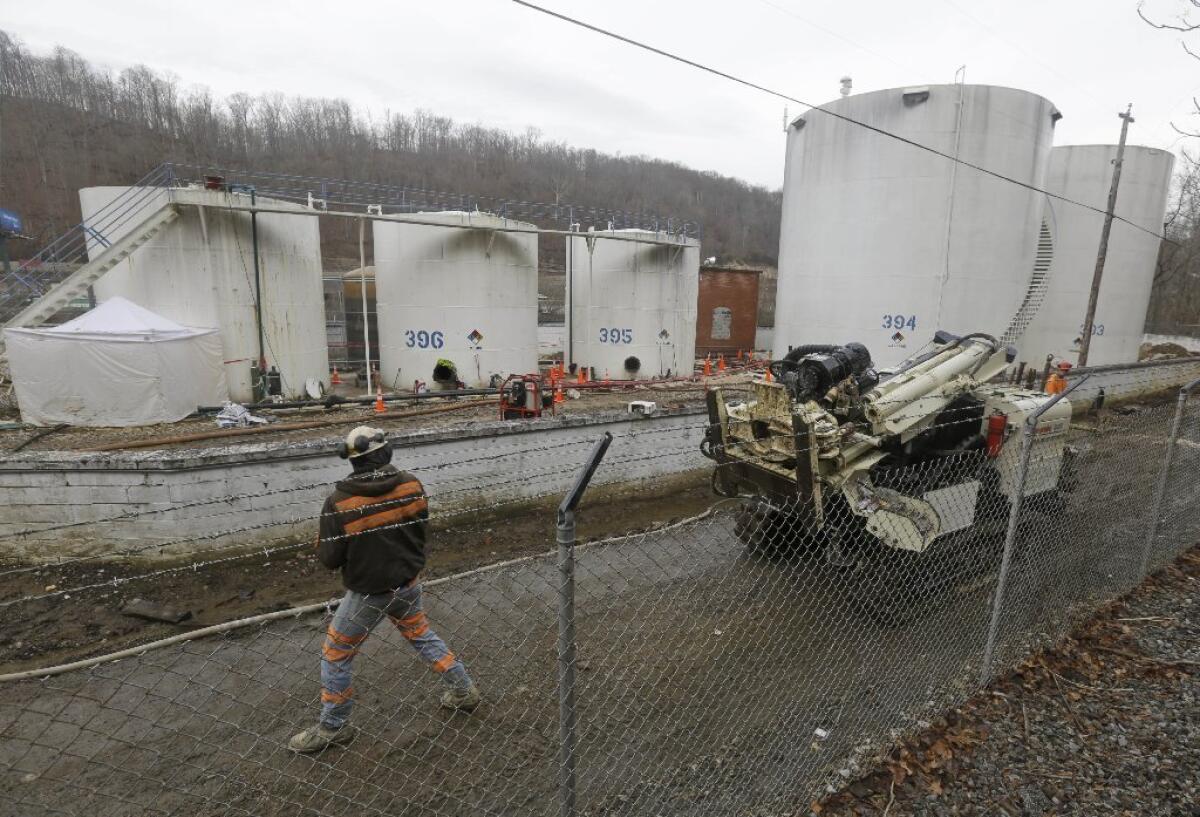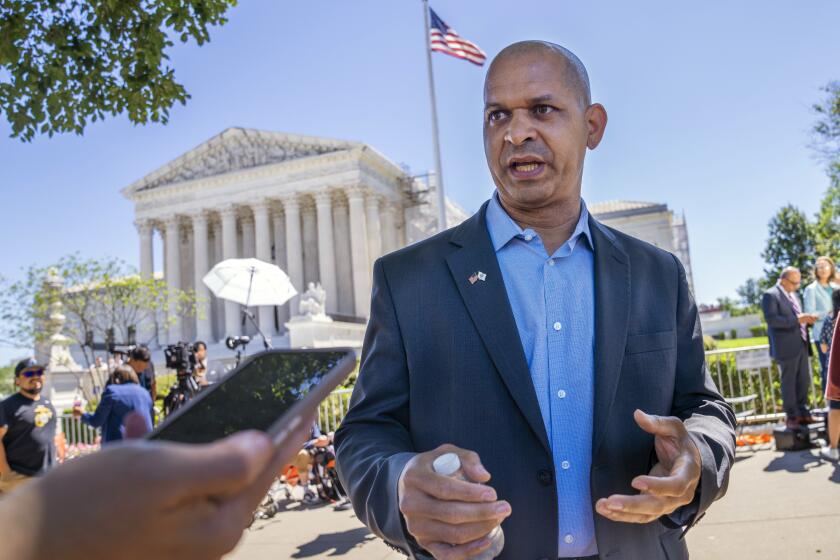Creative bankruptcy: That West Virginia chemical company

As predictably as night follows day, it was clear that the onslaught of lawsuits over the chemical poisoning of virtually the entire water supply of Charleston, W.Va., would be followed by a bankruptcy filing by the chemical company at the center of the incident.
That shoe dropped on Friday, with the filing of a petition for protection under Chapter 11 of the bankruptcy law by Freedom Industries Inc. The key document in the filing is here. The filing states that more than 20 lawsuits had been filed as of Thursday, the day before.
The question of compensation for the aggrieved residents and businesses of Charleston will now be in the hands of the bankruptcy court. That may not be a bad thing, necessarily, because the filing indicates that Freedom itself doesn’t have the proverbial pot to fill; the firm’s gross revenues in 2013 came to $30.7 million, which may not be enough to make a dent in the potential claims. The court will have to sort out who should stand in line, and where. But the filing also places Freedom’s assets out of the reach of the people and businesses of Charleston, at least for now.
Other nuggets buried in the documents have been assiduously mined by Paul Barrett of Bloomberg BusinessWeek, who determined that Freedom changed hands barely one month before the Jan. 9 chemical spill that befouled the Charleston water system. The new owner is identified as Chemstream Holdings, which Barrett identifies as a corporate arm of J. Clifford Forrest, a major figure in the Pennsylvania mining business. Forrest has asked the court to allow him to lend Freedom $5 million to keep operating, money that presumably will be kept out of the clutches of the Charleston claimants.
In the bankruptcy filing, Freedom also previewed its finger-pointing defense strategy, suggesting that the cause of the leak was inadequate upkeep of a water company line that ran under the breached chemical tank. The hunt for the deepest pocket thus begins.
The case began, of course, when a poisonous but unregulated chemical leaked out of a Freedom tank and into the Elk River, which provides drinking water for 300,000 Charleston residents from an intake downstream of the chemical tanks. Authorities advised residents and businesses to cease using the water for anything but flushing. No drinking, no bathing, no washing dishes. The effect on daily life isn’t hard to imagine. The all-clear wasn’t sounded for five days, and in some parts of town residents still report a chemical odor.
Remarkably, the political elite haven’t taken to heart the most obvious lesson from the spill, which is that vastly tighter oversight of chemical manufacturing and storage is warranted in the public interest. House Speaker John A. Boehner (R-Ohio) dismissed the very idea. “We have enough regulations on the books,” he said. “What the administration ought to be doing is actually doing their jobs. Why wasn’t this plant inspected since 1991?”
That’s a good question, though one that hardly implicates the current administration alone, considering that during the 23 years since plant was last inspected the White House has been in the hands of two Republicans and two Democrats. Boehner, by the way, was first elected to Congress 24 years ago and has been a member of the leadership since 2006.
But he’s not alone in counseling hands off industry. Sen. Joe Manchin III (D-W.Va.) pledged the other day to fight new EPA regulations on coal -- the industry that is the main user of the chemical that created a crisis in Manchin’s home state. “Cicero says, ‘To err is human,’” he told the New York Times, demonstrating all at once that he’s got the smarts to know who Cicero was and also that he’s in the coal industry’s pocket.
The Charleston case is also a reminder of the imbalance in bankruptcy rights created by the bankruptcy “reform” of 2005, when Congress harshly tightened the rights of individual debtors (under pressure from the creditor lobby), while leaving the riles for corporate bankruptcies in place, or even liberalizing them. The result for the individual victims of the Charleston spill may well be, from Freedom’s standpoint, heads we win, tails you lose.
More to Read
Start your day right
Sign up for Essential California for news, features and recommendations from the L.A. Times and beyond in your inbox six days a week.
You may occasionally receive promotional content from the Los Angeles Times.







